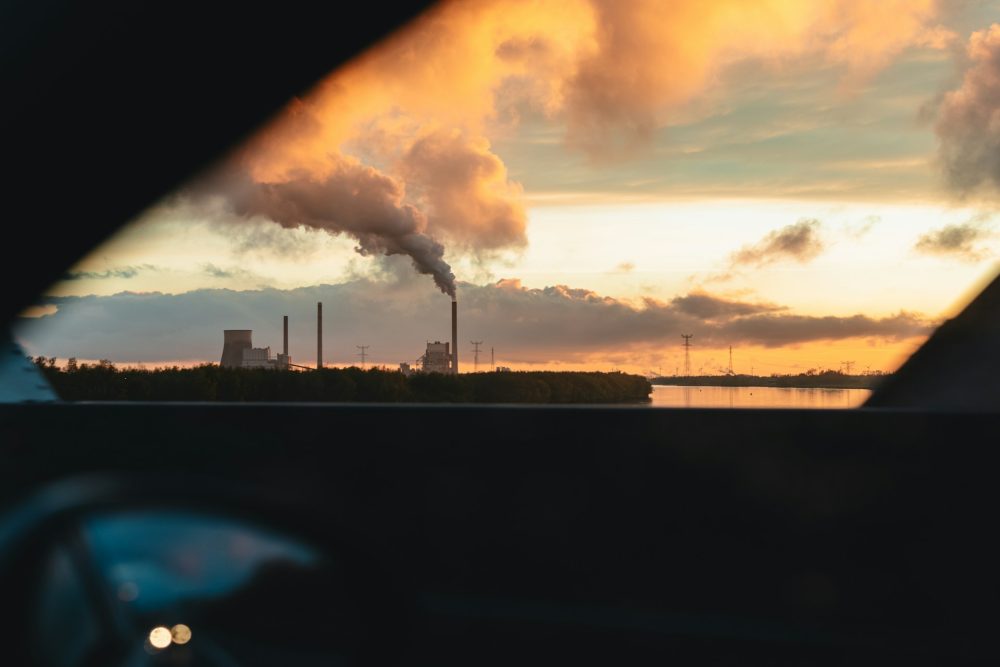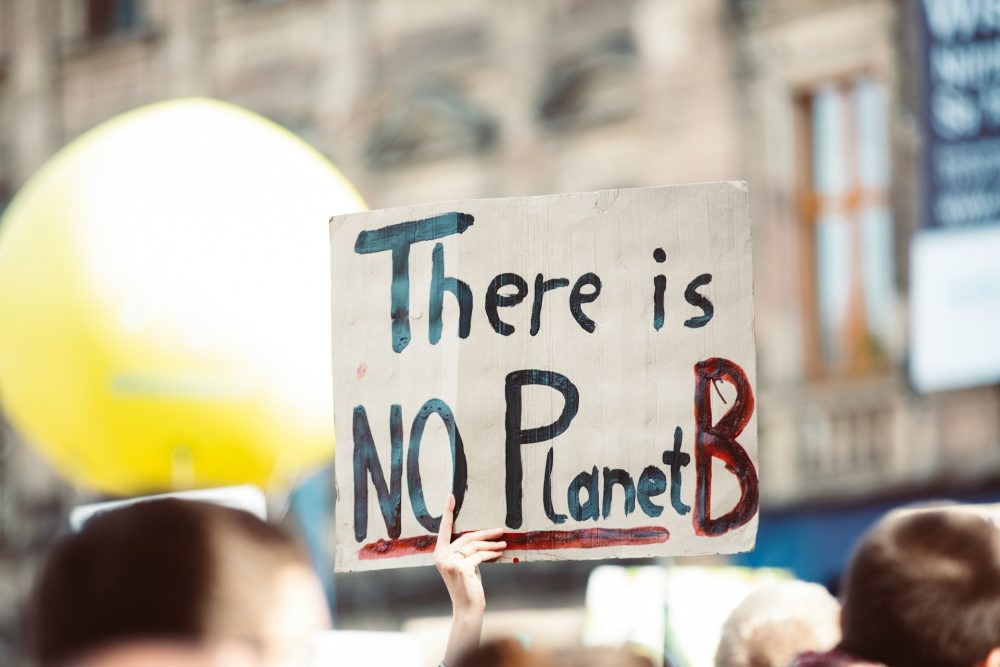Impact Investing
France’s Industrial Emissions Fall Slightly in 2024, But Lack Structural Change
Emissions from France’s 50 most polluting industrial sites dropped only 1.4% in 2024, mainly from reduced production rather than structural change, warns a report by Climate Action Network and France Nature Environnement. NGOs stress urgent decarbonization planning, clear budgetary support, and sustainable transformation, citing stalled projects at major emitters like ArcelorMittal.

While emissions from France’s 50 most polluting industrial sites are expected to decline slightly in 2024, this decline is primarily due to the slowdown in production, not a real ecological transition.
In a report published Thursday, the Climate Action Network and France Nature Environnement warn of the lack of structural transformation in the industrial sector and call for ambitious decarbonization planning, supported by clear budgetary visibility.
NGOs warn declines stem from reduced production, not true decarbonization, urging ambitious industrial transition plans
The 50 French industrial sites that emit the most greenhouse gases will have released slightly less into the atmosphere in 2024, but mainly due to a decline in production, according to a report by environmental NGOs published Thursday. Industrial emissions, which had seen a “marked decline” (-10.2%) between 2022 and 2023, “only fell by 1.4% in 2024,” the Climate Action Network (RAC), the main network of environmental NGOs, and France Nature Environnement noted in a report.
Furthermore, this trend is due “largely” to a decline in production at these sites, rather than to structural transformations in industrial processes that emit high amounts of greenhouse gases.
Just under 17% of France’s emissions come from the industrial sector, which accounts for approximately 11% of the French economy. It is the third-highest emitting sector in the country, after transport and agriculture. The two associations point the finger of blame, in particular, at steel giant ArcelorMittal, which owns the two industrial sites by far the highest emissions in France, in Dunkirk and Fos-sur-Mer. The steel group has paused its decarbonization projects, calling for more measures to protect European steel from competition, particularly from China.
“Last year, we already observed that the drop in emissions was linked to an overall decrease in production volumes because high-emitting sectors like steel, chemicals, and cement are going through a crisis,” Aurélie Brunstein, a heavy industry specialist at RAC France, explained to AFP. This raises questions “about the sustainability of these emission reductions in the event that activity resumes,” she added.
Emissions from France’s 50 biggest polluting industrial sites are set to fall slightly in 2024
Generally speaking, NGOs regret efforts that are still “too partial to constitute structural and sustainable decarbonization.” The Climate Action Network (RAC) and France Nature Environnement note that one of the factors is not the direct responsibility of manufacturers: they point to “the lack of budgetary visibility,” a major obstacle to investment for players who need “clear guarantees of public support.”
They call on political leaders to “include industrial decarbonization in a coherent industrial plan as well as in a green finance programming law.” Most of the high-emitting sites are concentrated in the industrial basins of Dunkirk in the North, Fos-sur-Mer in the Bouches-du-Rhône, Le Havre-Rouen in Seine-Maritime and in the Grand Est.
__
(Featured image by Tim van der Kuip via Unsplash)
DISCLAIMER: This article was written by a third party contributor and does not reflect the opinion of Born2Invest, its management, staff or its associates. Please review our disclaimer for more information.
This article may include forward-looking statements. These forward-looking statements generally are identified by the words “believe,” “project,” “estimate,” “become,” “plan,” “will,” and similar expressions. These forward-looking statements involve known and unknown risks as well as uncertainties, including those discussed in the following cautionary statements and elsewhere in this article and on this site. Although the Company may believe that its expectations are based on reasonable assumptions, the actual results that the Company may achieve may differ materially from any forward-looking statements, which reflect the opinions of the management of the Company only as of the date hereof. Additionally, please make sure to read these important disclosures.
First published in LES ECO.ma. A third-party contributor translated and adapted the article from the original. In case of discrepancy, the original will prevail.
Although we made reasonable efforts to provide accurate translations, some parts may be incorrect. Born2Invest assumes no responsibility for errors, omissions or ambiguities in the translations provided on this website. Any person or entity relying on translated content does so at their own risk. Born2Invest is not responsible for losses caused by such reliance on the accuracy or reliability of translated information. If you wish to report an error or inaccuracy in the translation, we encourage you to contact us.

-

 Crypto6 days ago
Crypto6 days agoCrypto Markets Under Pressure as Vitalik Buterin Sells 17,000 ETH
-

 Markets2 weeks ago
Markets2 weeks agoWeather-Driven Supply Outlook Lifts Coffee Markets in Brazil and Vietnam
-

 Impact Investing1 day ago
Impact Investing1 day agoGreen vs. Brown Stocks: Climate Policy, Capital Costs, and the Battle for Market Returns
-

 Business2 weeks ago
Business2 weeks agoTopRanked.io Weekly Affiliate Digest: What’s Hot in Affiliate Marketing [Best Technology Affiliate Programs]
























